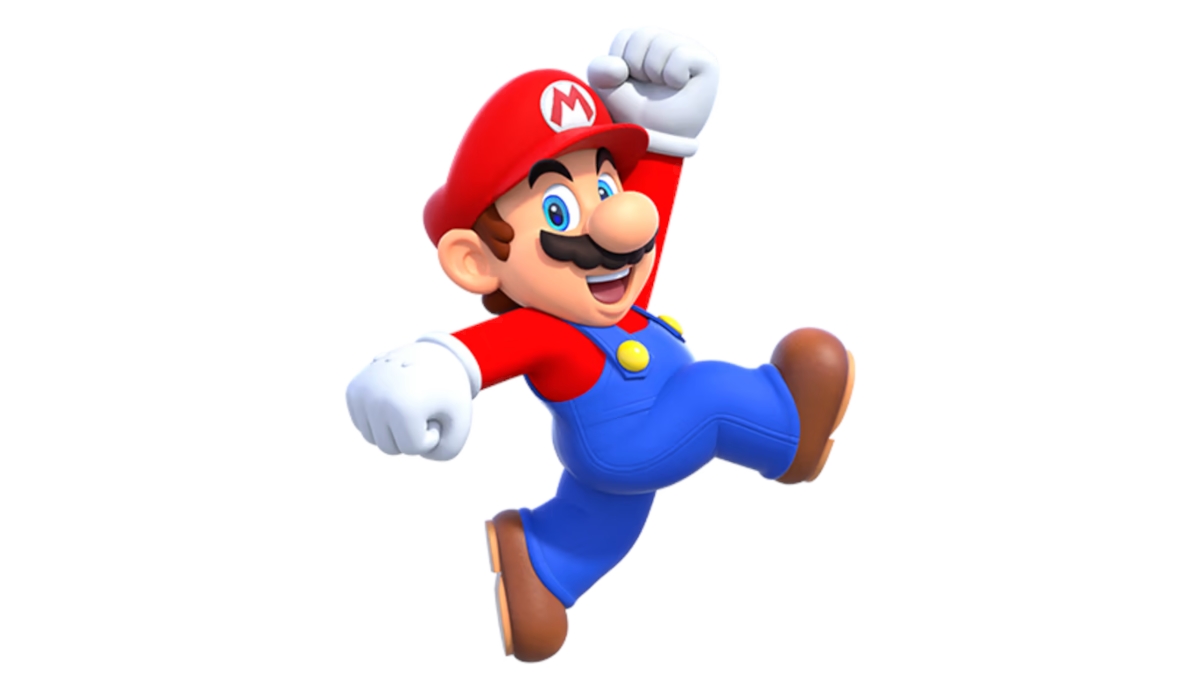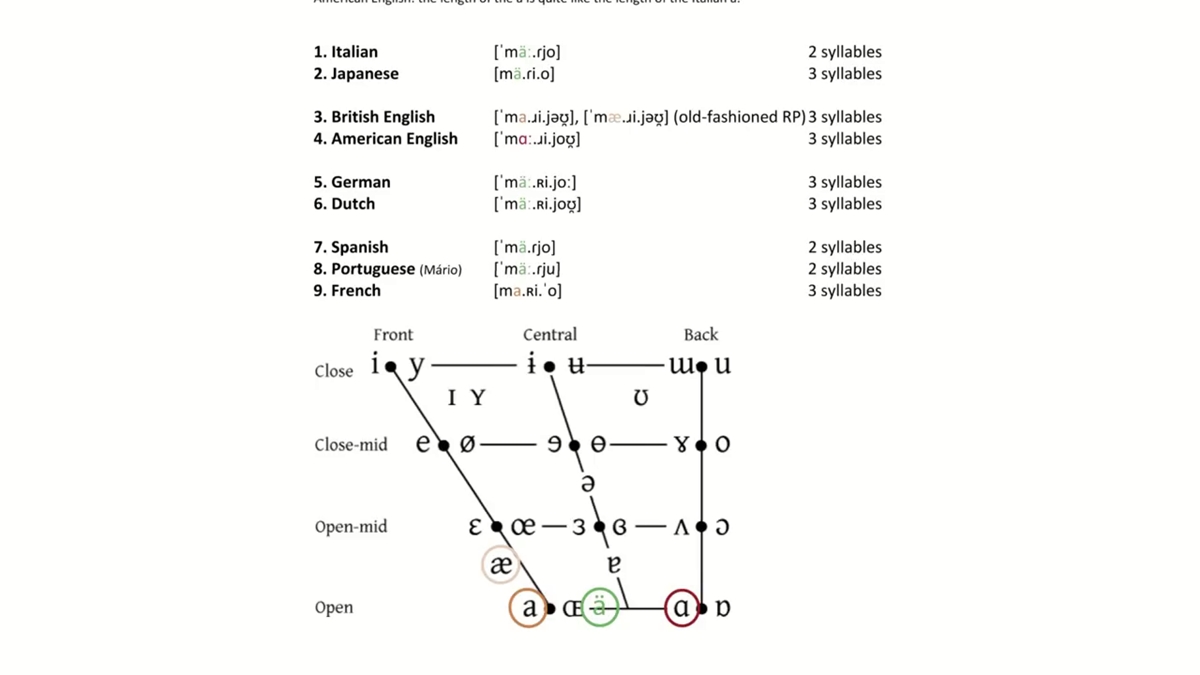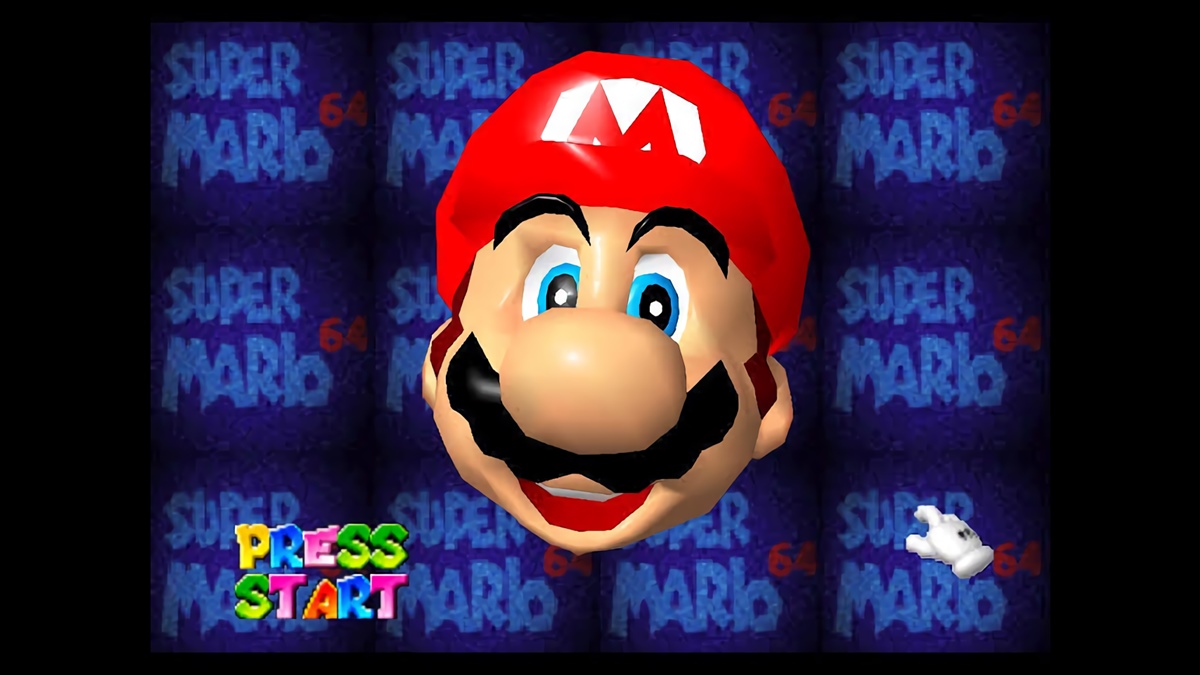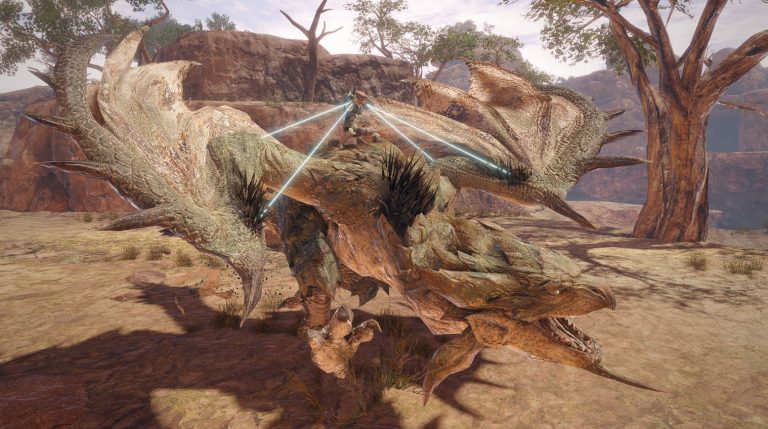Written by. Marco Farinaccia based on the original Japanese article (original article’s publication date: 2022-06-02 20:25 JST)
There is a difference in the way that the name of Nintendo’s mascot character, Mario, is pronounced in American English compared to British English. Thomas from the YouTube channel Thomas Game Docs has enlisted the assistance of a linguist in investigating the correct way to pronounce the name.
Mario is considered the most famous and well-known video game character in the world. His self-introduction “It’s-a me, Mario!” which he says loudly and with an Italian accent in Super Mario 64, is etched into the memory of gamers all over the world.
The character himself uses a pronunciation that is based on Italian, and he also likes to use Italian phrases, like “mamma mia”. Additionally, it was confirmed by Mario’s creator Shigeru Miyamoto that he is named after an Italian American, Mario Segale. This likely means that the proper pronunciation of Mario’s name is the Italian one.
There’s no question that people in each country will have their own way of pronouncing “Mario” that feels natural to them. However, when it comes to English, things are a little different. There are different variations of English, but the most widely used are American English and British English. Despite being the same language, they possess various differences and that includes the way in which words are pronounced. These differences have at times been a bit of a headache to YouTuber Thomas.
Thomas’ YouTube channel has grown popular thanks to his videos that cover Nintendo related game history. Therefore, it is no surprise that “Mario” is a word that he has to say often, despite some viewers claiming that he pronounces the name incorrectly. This has prompted Thomas to create a video titled “No, YOU’RE saying ‘Mario’ wrong” in which he analyzes the pronunciation of “Mario” with the help of a linguist.

As for the difference in how the name is pronounced in American English when compared to British English, Thomas claims that most Americans use the pronunciation “MAR-io [‘mɑː.ɹi.joʊ̯]” while most British people say “Marry-oh [‘ma.ɹi.jɘʊ̯]”. Thomas himself is British and normally pronounces it “Marry-oh”, but in his video, he attempts to determine which is the correct pronunciation.
If you look at the phonetic symbols, you can see a difference in how the two versions pronounce the “a” sound. In the American pronunciation, the “a” sound is represented by [ɑː] and includes the symbol “ː” which indicates that the sound is elongated. The British pronunciation, on the other hand, uses the shorter [a] sound. While this difference may seem subtle, it’s a point that sticks out to English speakers.

In order to finally settle the debate about which pronunciation is correct, Thomas borrowed the expertise of linguist Yoïn van Spijk. Yoïn provided a very interesting view on the topic. He claims that both the American and British pronunciations of the name differ from the original Italian, which lies somewhere in between the two.
Mario’s well-known voice actor, Charles Martinet, is American, but after analyzing the Martinet’s famous “It’s-a me, Mario!” line, Yoïn concluded that he pronounces it the Italian way. In other words, the faithful way to pronounce it would be in Italian, which is [’mäː.ɾjo].
The Italian [äː] sound is similar to the British [a], but is elongated, a characteristic that is shared with the American [ɑː]. That means that both pronunciations have points in common with the Italian, but also points where they differ. If you can say that the Italian pronunciation is correct, then that means the American and British pronunciations are both incorrect.
This unique situation may be a consequence born from English itself. Japanese, German, Dutch, Spanish, and Portuguese all generally use a similar “a” sound to Italian, represented by the phonetic symbols [ä] or [äː], while French uses the “a” pronunciation found in British English. That is to say, when English speakers hear the famous “It’s-a me, Mario!” they likely interpret the sounds differently depending on whether they are speakers of American or British English.
Just because Mario himself speaks with an Italian accent doesn’t mean that players have to match his pronunciation exactly. For example, Japanese people would find it difficult and strange to pronounce “Marry-oh” in everyday conversation.
English is used in many different places around the world, and in each area, the language develops independently while also continuing to share similarities. Whether “MAR-io” or “Marry-oh” is correct is a question that has emerged from a unique situation and provides an interesting example of how languages develop. At the end of the day, no matter how you want to pronounce it, the name “Mario” brings to mind a red hat wearing, mustachioed character with some astounding jumping skills.





